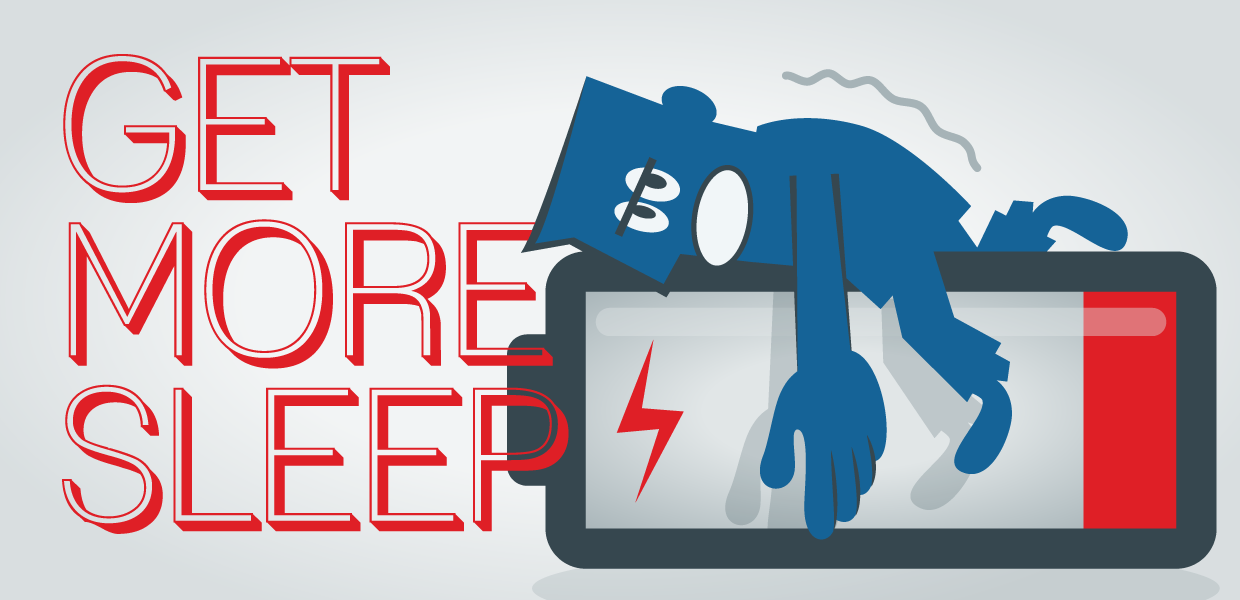
Looking for a New Year’s Resolution? How about prioritizing more sleep!
The New Year is a time to revisit old habits and kickoff new ones. There has never been a better time to listen to the sage advice of our moms and get more sleep.
Poor sleep habits can have a big impact on how we function. They can also affect our safety at work. At Pulsar we focus on delivering solutions to manage fatigue-related safety risk. But that’s not all the benefits. Getting good daily sleep is essential to build and maintain our health. It also improves our mood and helps strengthen our personal relationships.
Fatigue generally comes from one of three sources:
- Work schedules do not provide enough time to get adequate sleep
- Work schedules provide sufficient off-duty time, but we don’t use the time available to get enough adequate sleep
- Medical conditions or medication side effects reduce our sleep quality and/or quantity
We all need seven to nine hours of sleep per day to recharge our “sleep battery.” It can be tough to keep this up consistently—especially for pilots, flight attendants, flight mechanics, schedulers, and dispatchers, where work schedules feature night shifts and erratic bursts.
But cutting back on sleep is harmful. Not only does our sleep battery get depleted, causing that groggy feeling—we also start to accumulate a sleep debt, which impairs our alertness. It’s something we may not even be fully aware of. The effect is magnified when we extend the time we’re awake in any given day beyond 17 hours. Being awake and on duty at night results in more pronounced fatigue impairment because our bodies are programmed to be sleepy at night.
So far we’ve noted that chronic sleep debt contributes to chronic performance deficits. Then there’s the health perspective: with a sleep debt, our bodies can start to break down. Risks of weight gain, developing hypertension, sleep apnea, and diabetes all go up.
If you work shifts, it’s important to maintain a consistent sleep routine. Make your sleep environment dark, quiet, and comfortable so that the quality of your sleep is the best it can be. If your work shifts are erratic, be mindful of your daily sleep and incorporate naps as needed to supplement any shortfalls. On days off, it’s a good strategy to make up for lost sleep during the work week to pay off your sleep debt before the start the upcoming week. You may already be doing this naturally.
In our daily lives we have a lot of activities competing for our time—family obligations, hobbies, binge watching our favorite shows, and so on. It’s not surprising that the CEO of Netflix once proclaimed that the company’s biggest competitor is sleep!
If you travel across time zones, you have most likely experienced circadian disruption, also known by the familiar term: jet lag. Deciding whether to stay on your home base time zone or acclimate to your destination time zone will help you plan your sleep schedule and any subsequent activities when off duty (sightseeing, restaurants, etc.) Going outside into the sunshine at your destination at the right times of day will help you acclimate, as sunlight works to adjust your body clock.
Circadian disruption is the bane of not only travelers. Night shift workers get their sleep during the day during the week, and then on days off tend to flip back to a night sleep schedule to match that of their families. This pattern of behavior leads to a feeling of constant jet lag. Night shift workers should consider pre-duty naps, in-duty naps (if possible), or more breaks before critical tasks. Also, night shift workers need to take extra steps to make sure their sleep environments are quiet, dark, and comfortable to get as much quality sleep as possible during the daytime. This means investing in black-out blinds and white noise generators. It also means turning off phones and setting ground rules around the home to keep things quiet. Sorry family, no cooking bacon!
A good habit to consider is take a look at your weekly work schedule and map out how you will prioritize your sleep. This will help you to stay as fresh as possible throughout the week. And if you feel that you have medical conditions or need to take medications, be sure to consult with your physician to understand the impacts to your sleep and ability be alert at work.
Aviation has a tremendous safety record but fatigue risks are still present. Fatigue risk management is a joint responsibility between the flight department and crew members. The organization assigns duties, while crewmembers need to show up for every shift alert and fit for duty. Now is the perfect time to reflect on our own sleep habits and consider whether a change could be just the thing to help you perform better, improve your health, personal relationships, and your overall mood. Who wouldn’t want to hear their mom say “I told you so”?